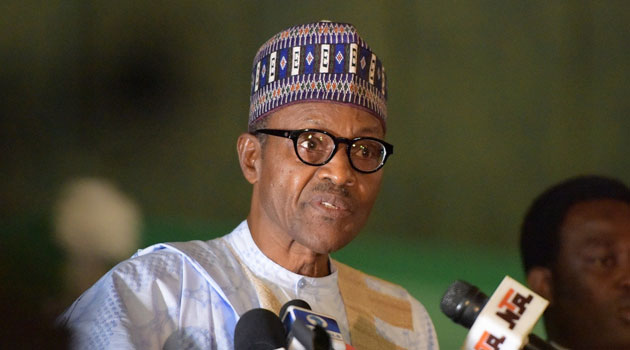
By : JIDE ADESINA
I weep for the liberty of my country when I see at this early day of its successful experiment that corruption has been imputed to many members of the House of Representatives, and the rights of the people have been bartered for promises of office.
Nigeria used to export crops making use of the abundance of rain in that country that used to produce many bounties and good things. Now, in the age of oil, Nigeria almost imports everything and suffers from what is known as the ‘wealth curse’, which means that the state produces natural wealth and resources like oil without having institutions that would guarantee utilizing such resources for the good of the people. Oil revenues go into rulers’ pockets before they are pumped back into the budget.
These revenues are then distributed according to how close a circle orbiting the regime is. The authority is formed of a group of ‘godfathers’ and mafias that devour wealth and spreads corruption and injustice. Corruption mainly spreads within security forces. Motorcycles are used as taxis in many Nigerian areas. Both taxi ‘riders’ and passengers are mandated by police to wear helmets not for the sake of their safety, but only to blackmail them and make policemen richer. Those riders either have to pay fines for not wearing helmets or bribe policemen. That is how the seeds of Boko Haram started developing and growing in reaction and revenge against security forces.
A word like ‘kleptocracy’, which means a ruling minority that controls the state’s wealth, and the word ‘siphon’, which means pouring water to flush away human waste, are very often used in Sarah Chayes’ book ‘Thieves of State’ – those groups who loot natural resources only because those in power ‘wash away’ their crimes by enacting some customtailored laws and rules. The author also warns that following the World Bank’s recommendations about recommending privatizing public establishments, the benefits of such privatizations did not go to the people as they were supposed to.
These benefits only went to mafia minority groups who imposed themselves as natural disasters on state wealth and resources. This disastrous privatization in Nigeria also happened in Egypt in 1974. It also happened in some Arab governments like in pre-revolution Tunisia, currently in Afghanistan, Uzbekistan and many developing countries plagued with such mafias.
Corruption is not only restricted to politicians. It also involves the public administrative bodies. Bribery, abuse of powers and favoritism and many other forms of corruption prevail in many of those countries where people are depressed and find their only resort and savior in religion because imposing Islamic sharia means cutting off thieves’ hands, bans looting and sets profound ethical values. So, with their cultural heritage and awareness, Arab and Muslim peoples have nothing to do but to seek religious salvation from rulers and mafia atrocities.
Is this phenomena only known with Arab and Muslim peoples or did Europe also experience long decades of corrupt rulers and officials, which eventually led to religious reform movements there? Well, the answer is yes, they did and that is another story…however, let us agree now that financial corruption is the cause of extremism, mutiny and revolutions we are witnessing nowadays. This nation is really going through its darkest ages amidst revolutions and counter-revolutions from outcast corruption groups trying to reclaim power!
FRENCH VERSION
Je pleure pour la liberté de mon pays quand je vois àce jour au début de son expérience réussie que la corruption a été imputée à plusieurs membres de laChambre des représentants, et les droits du peupleont été échangés contre promesses de bureauNigéria utilisés pour les cultures d’exportation enutilisant l’abondance de pluie dans ce pays àproduire beaucoup de primes et de bonnes choses.Maintenant, à l’ère du pétrole, Nigéria presque toutles importations et souffre de ce qu’on appelle la «malédiction de la richesse », ce qui signifie que l’Étatproduit des ressources comme le pétrole et lesrichesses naturelles sans passer par des institutionsqui garantiraient à utiliser ces ressources pour lebien du peuple. Les recettes pétrolières vont dans lespoches des dirigeants avant ils sont pompés dans lebudget.


